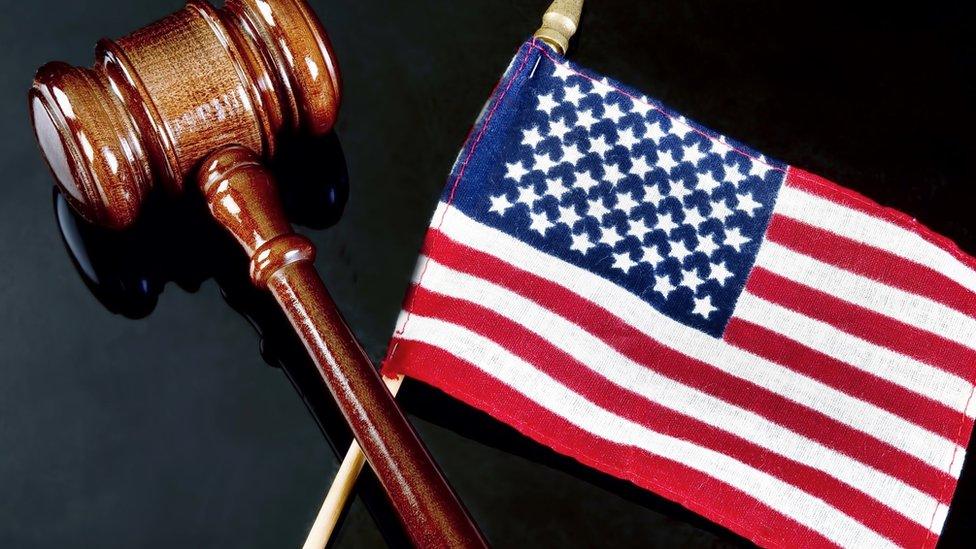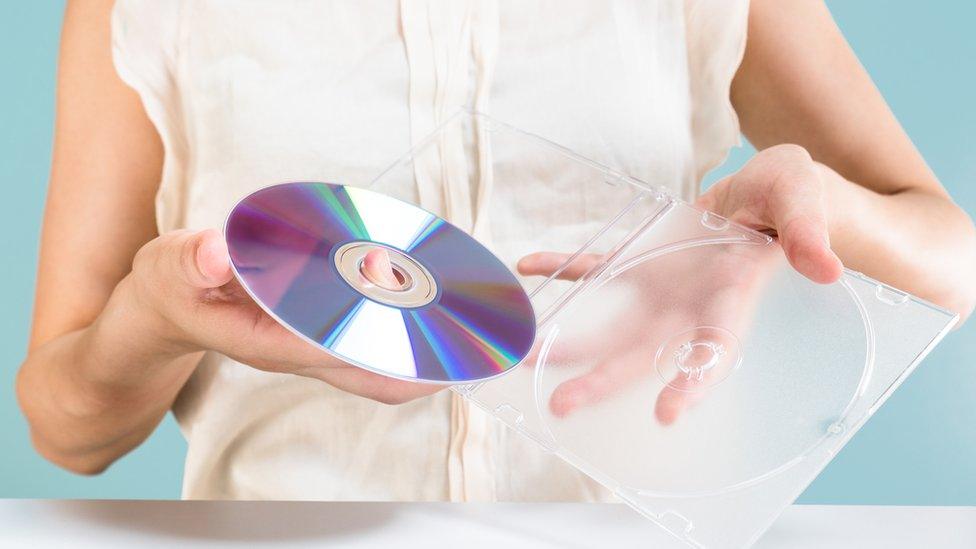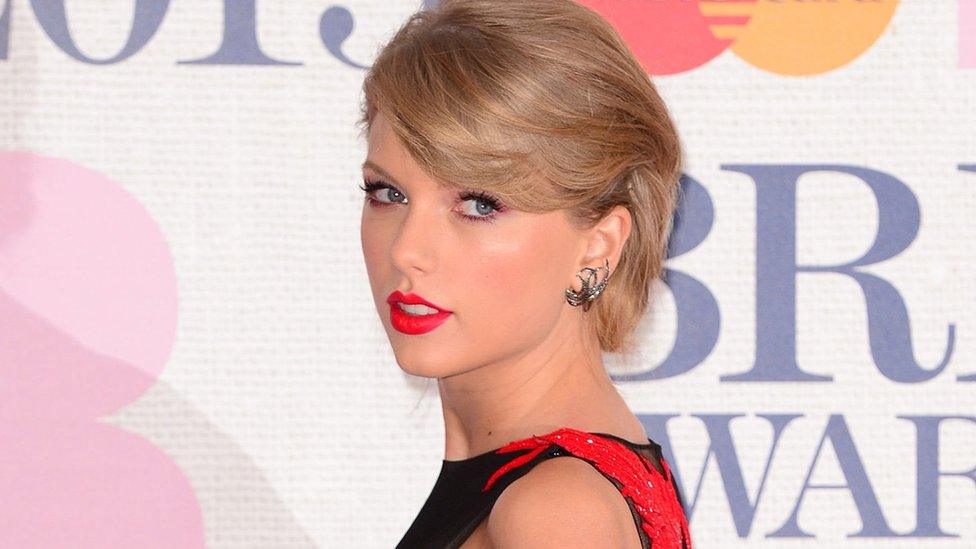US copyright law faces legal challenge
- Published

Digital rights group the Electronic Frontier Foundation (EFF) is attempting to overturn parts of US copyright law which, it says, are unconstitutional.
The Digital Millennium Copyright Act (DMCA) makes it illegal to bypass software that prevents the copying of protected work in many situations.
But the EFF says that violates the right to freedom of expression by limiting what people can do with things they have purchased.
It is now suing the US government.

What is the DMCA?
The DMCA was introduced in 1998, designed to address copyright for media such as film, music and photography in the digital age.
Section 1201 of the law makes it illegal to circumvent "access controls" known as digital rights management (DRM) - a provision designed to stop people doing things such as copying films from a DVD and sharing them on the internet.
But it has wider-reaching consequences, restricting people from doing things such as:
modifying a DVD player so that it will play discs bought anywhere in the world, rather than just the local region
deconstructing a medical device's software to look for vulnerabilities to report to the manufacturer
The maximum penalties for violating the law are a $500,000 fine or a five-year prison sentence.

What does the lawsuit say?

The DMCA is designed to deter copyright theft
The EFF is suing the United States, external on behalf of two men, arguing that the law impedes their work.
Matthew Green, a computer researcher, could be punished for investigating software vulnerabilities if he had to bypass a copy protection system to do so.
"Despite this work being vital for all of our safety, Green had to seek an exemption from the Library of Congress last year for his security research," said the EFF.
Andrew Huang, an inventor, has designed software that lets people easily record and manipulate online video.
"Those products would enable people to make innovative uses of their paid video content, such as captioning a presidential debate with a running Twitter comment field," said the EFF. "But using or offering this technology could run afoul of Section 1201."

Are there exemptions?
Every few years, the Librarian of Congress grants some exemptions to Section 1201.
Some of the current exemptions allow people to:
modify or "jailbreak" mobile phone software to allow unauthorised apps to run
take film clips from a DVD to use in an otherwise legal way, such as producing a review or criticism
However, the exemptions are temporary and are not always renewed.
The EFF said: "The law imposes a legal cloud over our rights to tinker with or repair the devices we own, to convert videos so that they can play on multiple platforms, remix a video, or conduct independent security research that would reveal dangerous security flaws in our computers, cars, and medical devices."
It's believed the legal action could go on for years before reaching a conclusion.
- Published21 June 2016
